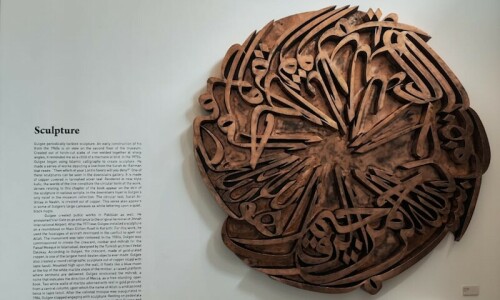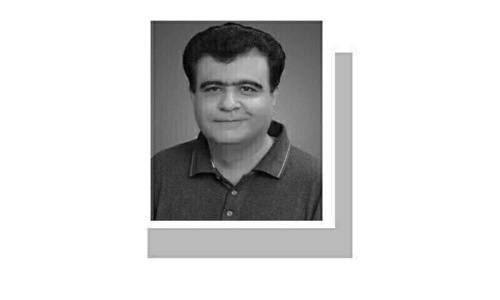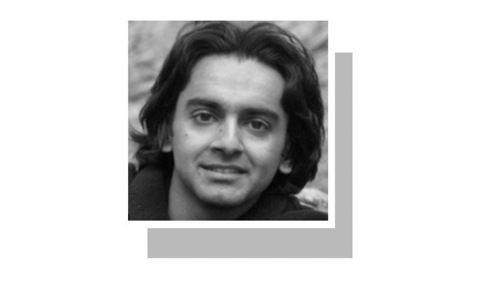LAHORE: The Lahore High Court has ruled that the concept of trial in absentia is not only inconsistent with the doctrine of Islamic justice enunciated in the Holy Quran and Sunnah but also against the golden principles of natural justice.
A full bench of the high court made the observation in its detailed judgement released on Monday on a petition filed by former military ruler retired Gen Pervez Musharraf challenging his conviction by a special court for high treason.
The LHC bench had through a short order on Jan 13 declared unconstitutional all actions taken by the previous government against Gen Musharraf, including filing of a complaint under the high treason charge, formation of the special court and its proceedings, leading to abolition of his death penalty handed down by the trial court.
Detailed judgement on Musharraf’s petition challenging his conviction in treason case issued
The detailed judgement authored by Justice Syed Mazahar Ali Akbar Naqvi at first addressed the question of territorial jurisdiction of the LHC to hear the petition and observed that the Provisional Constitution Order No.1/2007 issued by the petitioner [Gen Musharraf] in capacity of the chief of army staff, General Headquarters, Rawalpindi, fell within the territorial jurisdiction of the court.
Justice Mohammad Ameer Bhatti and Justice Chaudhry Masood Jahangir were other two members of the bench.
Deciding the petition on its merits, the bench observed that the interior secretary was competent to file a complaint against the accused of “high treason” only on the recommendations of the federal government, whereas the federal government was to operate in the spirit of Article 90(1) of the Constitution which includes the prime minister and the cabinet. “However, the requisite requirement of the Constitution was totally ignored,” said the verdict.
The bench also found the process for the establishment of the special court in consultation with the then chief justice of Pakistan and chief justices of five high courts alien to the Constitution. “It is established without any doubt that the very constitution of the special court was squarely illegal/improper and without jurisdiction,” ruled the bench.
It further held that the provision contained in Section 9 of Criminal Law Amendment (Special Court) Act, 1976 was repugnant to the injunctions of Islam and in contravention of Article 8 of the Constitution which provided that any law inconsistent with or in disregard of fundamental rights was void.
The said section allows the special court to proceed with the trial even in the absence of any accused after taking necessary steps to appoint an advocate to defend the accused.
The bench ruled that the acts mentioned in the complaint were not part of Article 6 of the Constitution at the time of commission of alleged accusation rather were incorporated in Article 6 by virtue of 18th Amendment, hence it could not be made basis for initiation of proceedings under Article 6.
Published in Dawn, January 28th, 2020

















































